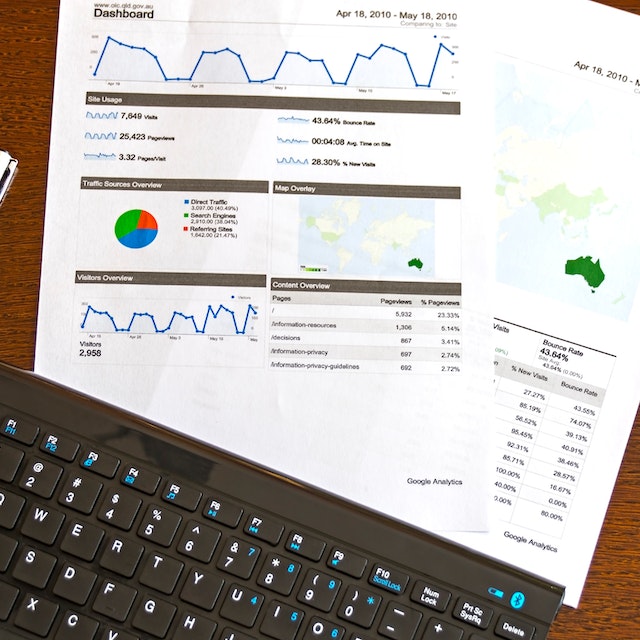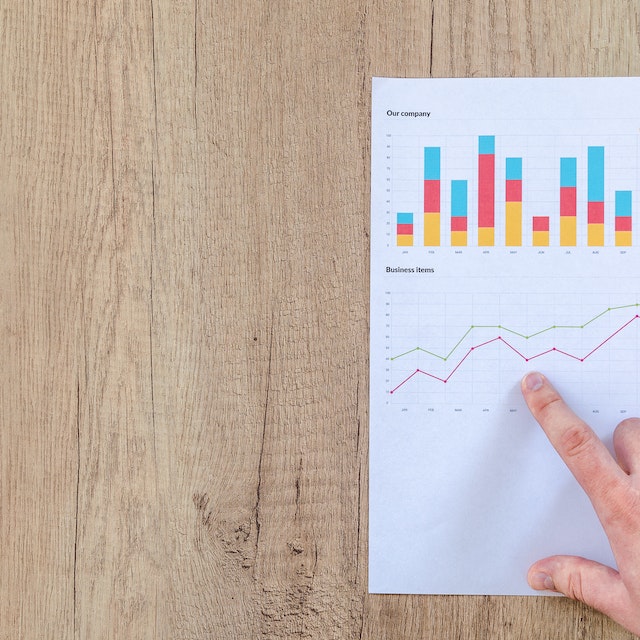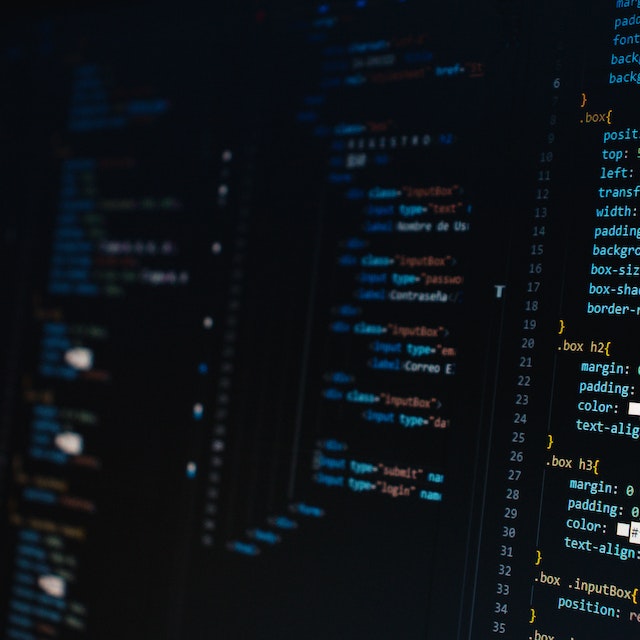AI & Financial Freedom
Post Date:
Business Coding Data
Artificial intelligence (AI) has the potential to revolutionize our economy in numerous ways. As machines become more advanced and capable of performing tasks previously done by humans, some worry that this could lead to widespread job loss and economic freedom. This essay will explore the relationship between AI and financial freedom.
Economic freedom can be defined as the ability of individuals to engage in voluntary financial transactions without interference from the government or other external forces. Individuals can own property, start businesses, and trade without excessive regulation or interference. When we talk about AI and economic freedom, we ask whether AI helps or hinders our ability to engage in economic activities without undue interference.
One way that AI could impact economic freedom is through the automation of tasks. AI has the potential to automate a wide range of functions, from manufacturing and assembly line work to customer service and data entry. While this could lead to widespread job loss in specific industries, it could also increase efficiency and productivity in others. If machines take over repetitive or dangerous jobs, people may be left with more time to pursue other economic activities that bring them greater fulfilment.
Moreover, the increased efficiency and productivity brought about by AI could lead to increased economic growth and innovation. AI can analyze large amounts of data and identify patterns humans may miss. This could lead to the developing of new products and services that meet the needs of consumers more effectively. Additionally, AI can optimize supply chains and reduce waste, leading to lower costs and increased business profits.
However, there are also concerns about the impact of AI on economic freedom. For example, if machines take over jobs previously done by humans, this could lead to a concentration of wealth among those who own the devices. The benefits of increased productivity and efficiency could be concentrated in the hands of a small group of owners rather than being distributed more widely throughout the population.
Additionally, there are concerns about the impact of AI on job security and the ability of individuals to earn a living wage. If machines take over low-skilled jobs, this could leave many people without the means to support themselves or their families. This could lead to increased economic inequality and reduced economic freedom for those left behind.
In conclusion, the impact of AI on economic freedom is complex and multifaceted. While AI can potentially increase productivity, efficiency, and innovation, it also raises concerns about job loss, economic inequality, and the concentration of wealth. It is essential to consider the ethical implications of AI development carefully and to ensure that AI is used in a way that aligns with our values of economic freedom and opportunity for all. By doing so, we can harness the benefits of AI while minimizing its potential drawbacks.
Last Update: April 12, 2023, 7:39 p.m.



